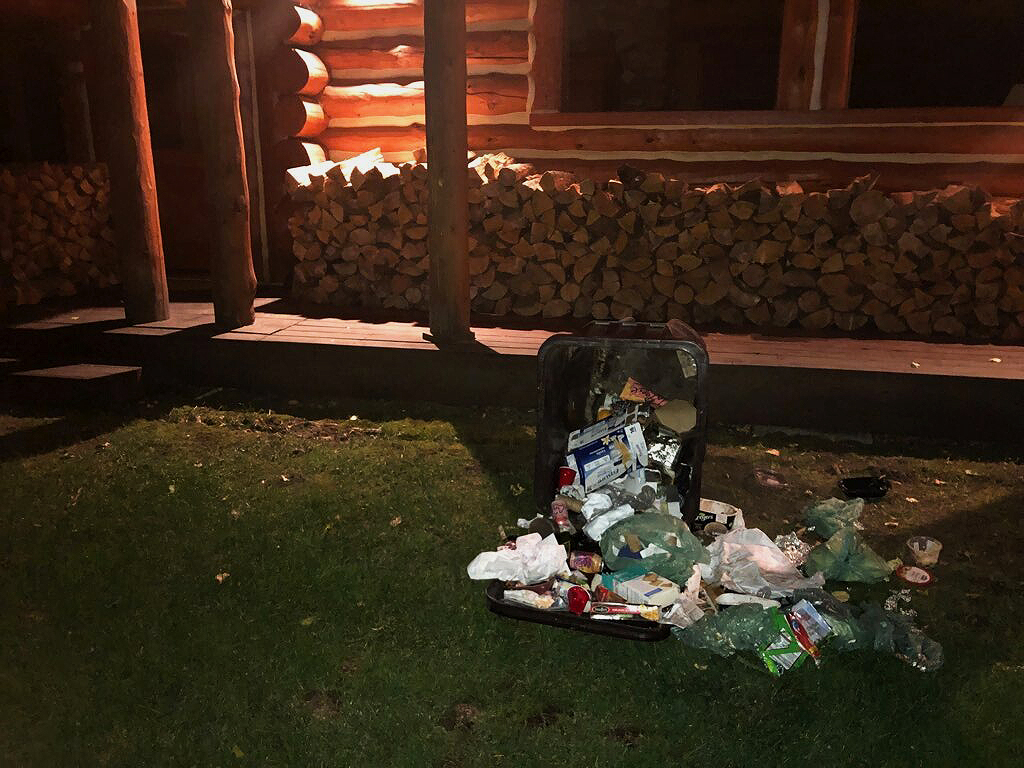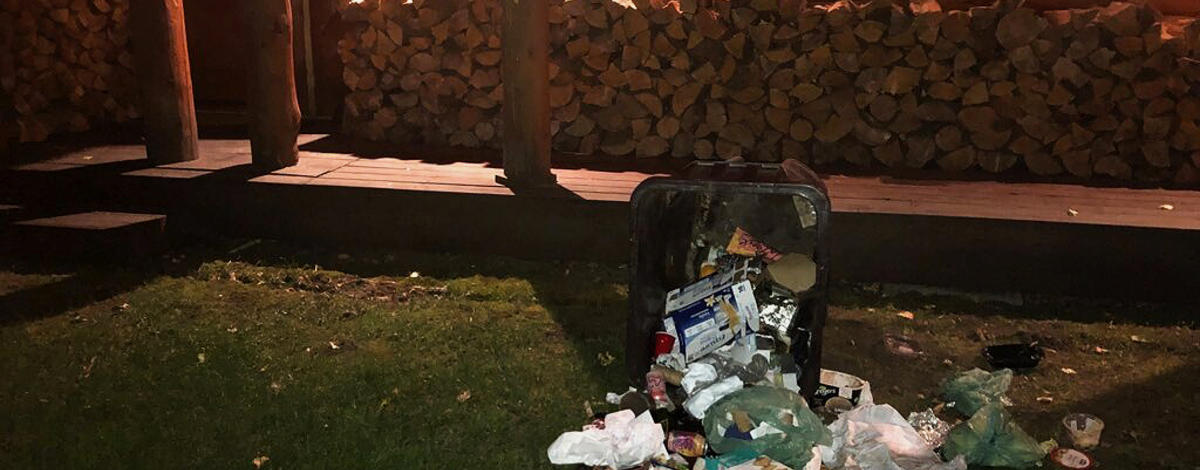While it is exciting to see a bear in the wild, it isn’t so wonderful to have one in your campsite at midnight.
Most conflicts with bears occur from July through September and are linked to careless handling of food and garbage. With thousands of campers, anglers, and hikers venturing outdoors, Idaho Fish and Game encourages people that most conflicts can be avoided by being extra mindful of their food and garbage. The same cautions apply to homeowners in bear country.

“Minimize the chances of a bear conflict for yourself and those following you by securing your food and garbage, and anything else that a bear might find tasty,” said Dennis Newman, wildlife manager for Idaho Fish and Game’s Salmon Region. “Bear are very opportunistic and once they find a food reward, they will be back for more.”
By taking common sense precautions, many problems can simply be avoided. “If a bear does not find anything to eat at your camp or near your home, it will likely just move on,” Newman noted.
To minimize chances of a bear causing problems near your camp or home, keep these tips in mind:
Tips around camp:
- Keep a clean camp. Store all food, garbage and even toothpaste, soap, lotions and bug spray in your vehicle or camper. If food storage in a vehicle is not possible, hang in a tree 10 to 15 feet off the ground, at least 100 yards from your campsite. Make sure that the bag is at least 4 feet from the tree trunk. Ideally, campers are encouraged to have a bear-resistant food canister to store their camp groceries.
- Never cook in or near a tent or keep scented products in a tent.
- Don't bury food scraps, pour out cooking grease, or leave anything that might be tasty on the ground or in the fire pit. Also, store barbecue grills or other smelly cooking gear inside your vehicle or within a sealed bear resistant container.
- Never leave food outside or in an unattended or improperly stored cooler. A cooler is not bear-resistant. Remember that pet food can also attract bears to your campsite. Be sure and secure any pet food after feeding your pet.
Tips around home/cabin:
- Keep garbage in bear-resistant containers or in a closed building.
- Empty and remove bird feeders during the summer months when songbirds are able to forage on food provided by nature.
- Clean up fruit that has fallen in your yard. Rotting fruit will attract bears as well as raccoons and skunks.
- Feed pets inside or during daylight hours; don't leave pet food or food scraps outside of your home or camp, as it can attract bears, raccoons and skunks.
- Store horse and livestock grains inside closed barns.
- Keep barbeque grills stored in closed buildings.
Black bears are typically shy and unaggressive, but the possibility of a bold bear near your campsite may increase if a bear loses its fear of humans because it has learned to associate food with campsites. These bears can become nuisances or even threats. In addition, live trapping and moving a bear does not always solve the problem, and bears conditioned to human food leaves Fish and Game officials with no choice but put the bear down to ensure public safety.
If a bear visits your campsite, make as much noise as possible such as yelling, waving your arms, or banging on pots and pans to quickly scare the bear away. Be sure to give the bear room to easily escape the area.
Learn more about bear behavior and how to help prevent unwanted bear encounters around your home, campsite and when recreating outdoors.

